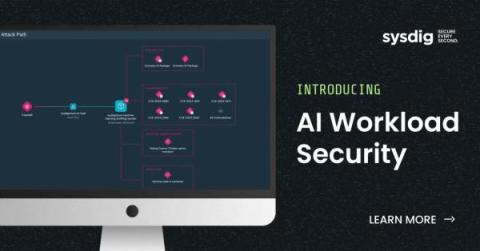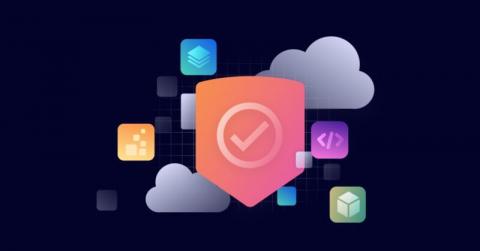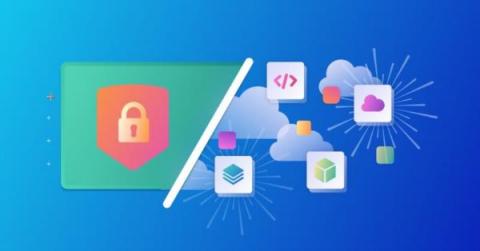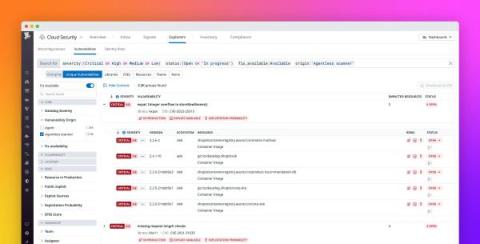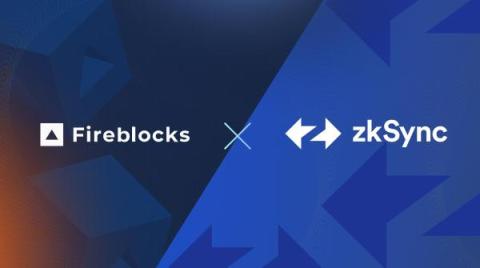Accelerating AI Adoption: AI Workload Security for CNAPP
When it comes to securing applications in the cloud, adaptation is not just a strategy but a necessity. We’re currently experiencing a monumental shift driven by the mass adoption of AI, fundamentally changing the way companies operate. From optimizing efficiency through automation to transforming the customer experience with speed and personalization, AI has empowered developers with exciting new capabilities.


